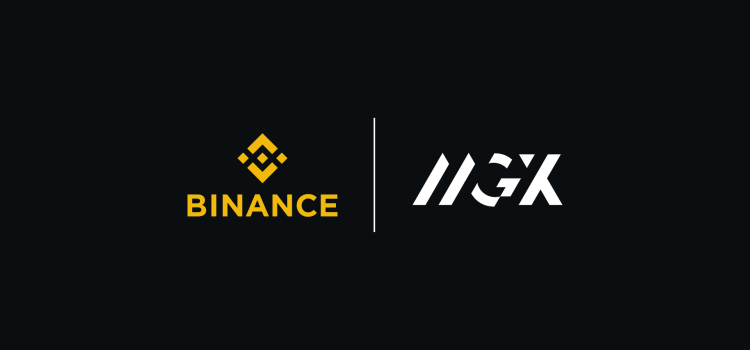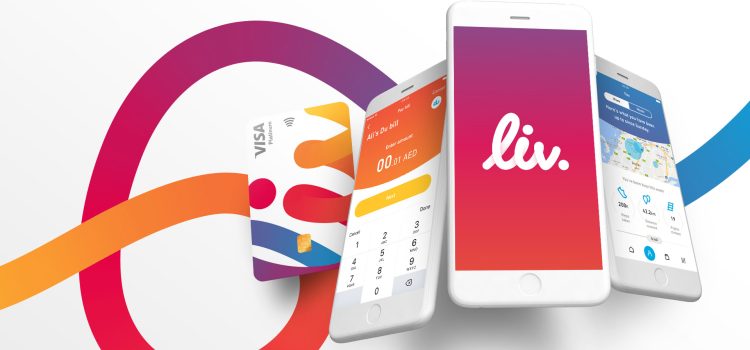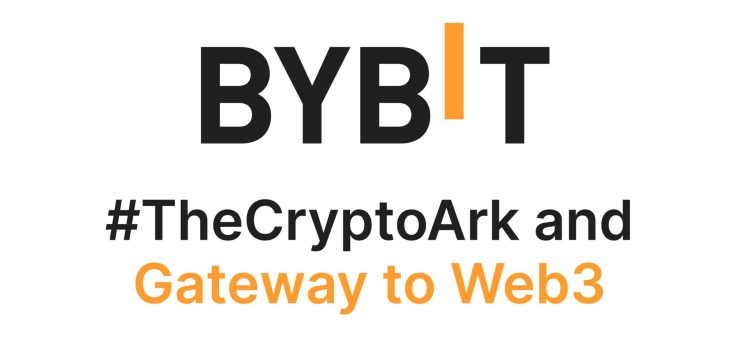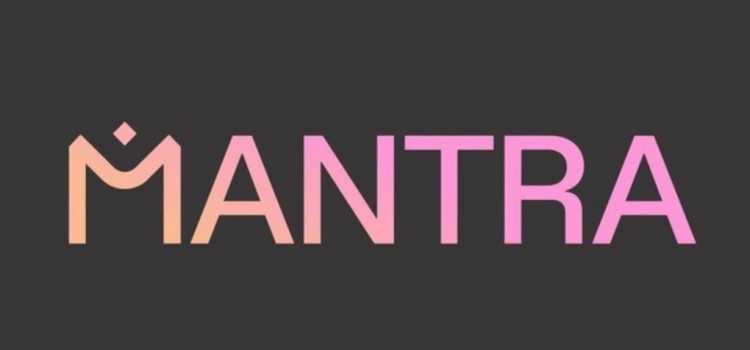As the world races toward a decentralized future, the Unchained Summit 2025 is set to take center stage in Dubai, hosting what promises to be a transformative gathering for the Web 3.0 ecosystem. Scheduled for April 28th and 29th at the luxurious Kempinski Central Avenue, this upcoming crypto conference in Dubai aims to redefine the global impact of blockchain technology, decentralized finance (DeFi), and the broader Web 3.0 landscape.
Tuesday, 11 March 2025, UAE: Organized by Aeternum, a rising B2B events company specializing in emerging tech, the Unchained Summit is poised to unite over 1,500 attendees, including visionaries, investors, developers, and policymakers; to spark meaningful dialogues, catalyze innovation with the help of curated topics and one-on-one networking.
The global momentum for crypto regulation and adoption is stronger than ever. Following major policy discussions, including the recent White House Crypto Summit featuring industry leaders, Unchained Summit will further drive the conversation by uniting the ecosystem’s top minds in Dubai.
The summit’s lineup features prominent figures from the Web 3.0 ecosystem, including:
• Greg Scanlon, VP Quantitative Blockchain, Franklin Templeton Digital Assets
• May Zabaneh, VP of Product – Blockchain, Crypto & Digital Currencies, PayPal
• Richard Muirhead, Chairman & Managing Partner, Fabric Ventures
• Rushi Manche, Co-Founder and Lead Architect, Movement Labs
• Jack Platts, Co-Founder, Hypersphere Ventures
• Shuyao Kong, Co-Founder, MegaETH, among others.
Martin de Rijke, one of the speakers attending the event, said, “Maple Finance is transforming institutional credit in crypto, providing a scalable on-chain infrastructure for transparent and efficient lending. As Head of Growth, I lead Maple’s expansion by forging strategic partnerships and scaling adoption among institutional borrowers and lenders. At Unchained Summit Dubai, I will share insights on the evolving credit landscape in crypto, the role of on-chain finance in institutional markets, and what’s next for decentralized lending.”
Among the attending organizations is Mesh, a platform that facilitates crypto transactions by integrating with over 300 exchanges and wallets. Bam Azizi, CEO and Founder of Mesh, commented, “Just as the internet transformed communication and commerce, crypto is shaping the future of payments. I look forward to engaging with the industry leaders, investors, and companies that will shape the financial system of our future. This is the time to create scalable, consumer-ready solutions and I can’t think of many places better than the Unchained Summit to have these discussions.”
The event’s structure prioritizes networking, with dedicated lounges, curated topics, fireside chats led by Founders and Investors, and an exclusive afterparty where attendees can unwind and forge partnerships. Over 300 investors are expected to attend, representing venture capital firms and funds eager to back Web 3.0 projects. For startups, the summit offers a rare chance to secure funding and mentorship in a single setting. For seasoned professionals, the event provides a platform to explore reconnect with the Crypto community, alongside learn from trends like asset tokenization, decentralized AI, and the intersection of Web 3.0 with traditional finance.
Sharath Kumar, Founder and CEO of Aeternum, organizer of Unchained Summit, said: “Unchained Summit distinguishes itself with a highly curated attendee profile, ensuring the presence of key decision-makers from across the Web 3.0 ecosystem. With a strategic focus on connecting VCs, crypto-focused hedge funds, and institutional investors with the most promising emerging projects, the summit aims to facilitate meaningful engagement beyond conventional networking. This will be achieved through pre-arranged one-on-one meetings, targeted investor introductions conducted in the lead-up to the event, and continued engagement opportunities post-event, positioning Unchained as a premier platform for high-value connections and strategic partnerships.”


















